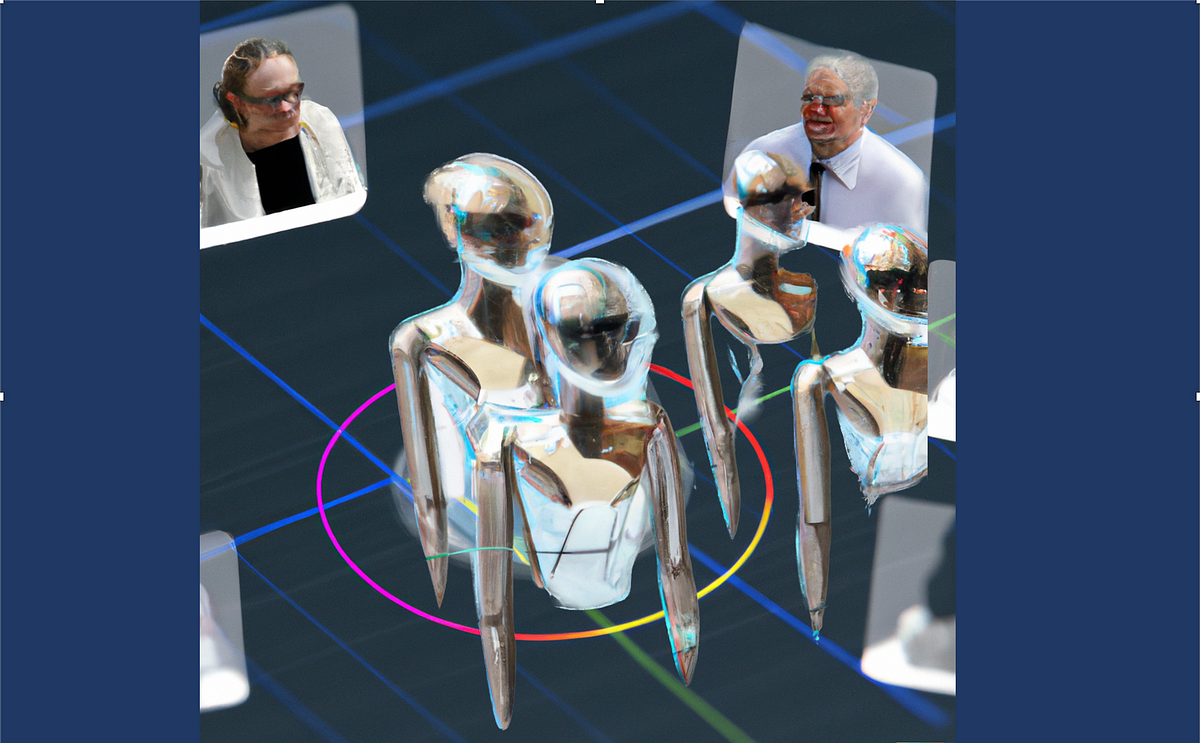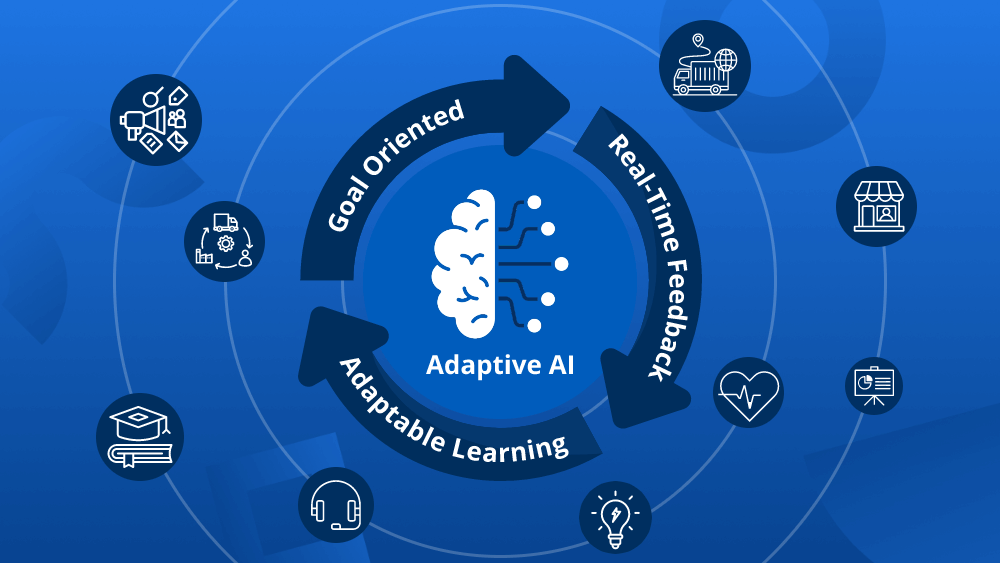How can we improve CLIP for more focused and controlled image understanding and editing? Researchers from Shanghai Jiao Tong University, Fudan University, The Chinese University of Hong Kong, Shanghai AI Laboratory, University of Macau, and MThreads Inc. propose Alpha-CLIP that aims to address the limitations of Contrastive Language-Image Pretraining (CLIP) by enhancing its capabilities in recognizing specified regions defined by points, strokes, or masks. This improvement enables Alpha-CLIP to perform better in diverse downstream tasks, including image recognition and contributing to 2D and 3D generation tasks.
Various strategies have been explored to imbue CLIP with region awareness, including MaskCLIP, SAN, MaskAdaptedCLIP, and MaskQCLIP. Some methods alter the input image by cropping or masking, exemplified by ReCLIP and OvarNet. Others guide CLIP’s attention using circles or mask contours, as seen in Red-Circle and FGVP. While these approaches often rely on CLIP’s pre-training dataset symbols, potentially causing domain gaps, Alpha-CLIP introduces an additional alpha channel to focus on designated areas without modifying image content, preserving generalization performance and enhancing region focus.
CLIP and its derivatives extract features from images and text for downstream tasks, but focusing on specific regions is crucial for finer understanding and content generation. Alpha-CLIP introduces an alpha channel to preserve contextual information while concentrating on designated areas without modifying content. It enhances CLIP across tasks, including image recognition, multimodal language models, and 2D/3D generation. To train Alpha-CLIP, region-text paired data must be generated using the Segment Anything Model and multimodal large models for image captioning.
The Alpha-CLIP method is introduced, featuring an additional alpha channel to focus on specific areas without content alteration, thereby preserving contextual information. The data pipeline involves generating RGBA-region text pairs for model training. The study explores the impact of classification data on Region-Text Comprehension by comparing models pretrained on grounding data alone with a combination of classification and grounding data. An ablation study assesses the effect of data volume on model robustness. In zero-shot experiments for referring expression comprehension, Alpha-CLIP replaces CLIP, achieving competitive Region-Text Comprehension results.
Alpha-CLIP improves CLIP by enabling region-specific focus in tasks involving points, strokes, or masks. It outperforms grounding-only pretraining and enhances region-perception capabilities. Large-scale classification datasets like ImageNet contribute significantly to its performance.
In conclusion, the Alpha-CLIP model has been demonstrated to replace the original CLIP and improve its region-focus capabilities effectively. With the incorporation of an additional alpha channel, Alpha-CLIP has shown improved zero-shot recognition and competitive results in Referring Expression Comprehension tasks, surpassing baseline models. The model’s ability to focus on relevant regions has been enhanced through pretraining with a combination of classification and grounding data. The experimental results suggest that Alpha-CLIP could be useful in scenarios with foreground regions or masks, expanding CLIP’s capabilities and improving image-text understanding.
In terms of future work, the study proposes addressing the limitations of Alpha-CLIP and expanding its resolution to enhance its capabilities and applicability across diverse downstream tasks. The study suggests leveraging more powerful grounding and segmentation models to improve Region-Perception capabilities. The researchers stress the significance of concentrating on areas of interest to comprehend the image content better. Alpha-CLIP can be used to achieve region focus without altering the image content. The study advocates for continued research to improve Alpha-CLIP’s performance, broaden applications, and explore new strategies for region-focused CLIP features.
Check out the Paper and Project. All credit for this research goes to the researchers of this project. Also, don’t forget to join our 33k+ ML SubReddit, 41k+ Facebook Community, Discord Channel, and Email Newsletter, where we share the latest AI research news, cool AI projects, and more.
If you like our work, you will love our newsletter..
Hello, My name is Adnan Hassan. I am a consulting intern at Marktechpost and soon to be a management trainee at American Express. I am currently pursuing a dual degree at the Indian Institute of Technology, Kharagpur. I am passionate about technology and want to create new products that make a difference.


